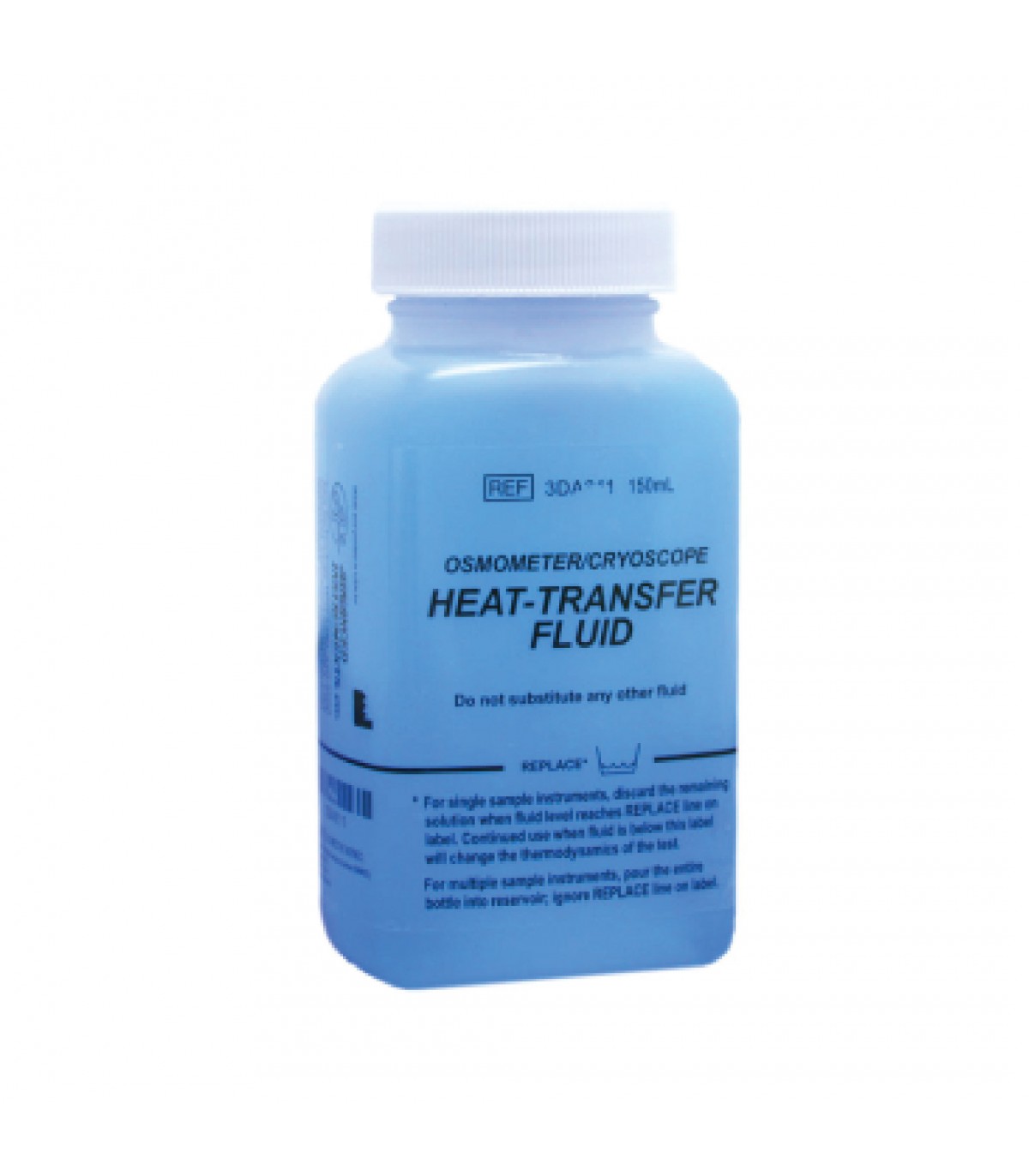Key Advantages of Using a High-Performance Heat Transfer Fluid
Why Warm Transfer Liquid Is Essential for Optimizing Energy Transfer in Solution
The role of heat transfer fluids in optimizing energy transfer is pivotal for achieving efficient thermal management throughout various industrial fields. These liquids facilitate smooth warm exchange, guaranteeing processes run within ideal temperature ranges and minimizing the danger of overheating.

Duty in Thermal Monitoring
Warmth transfer liquids play a critical duty in thermal monitoring by effectively controling temperatures in various industrial procedures and systems. These specialized liquids assist in the transfer of warm between various parts, making certain optimum operating problems and stopping overheating. By keeping exact temperature control, warm transfer liquids allow sectors such as chemical manufacturing, oil and gas, and power generation to run securely and successfully.
The option of an ideal warm transfer fluid relies on a number of elements, consisting of thermal security, heat ability, and viscosity. High thermal security makes sure that the fluid can hold up against extreme temperatures without weakening, while a high warm ability enables it to soak up and launch considerable quantities of warm - heat transfer fluid. Reduced viscosity lowers the energy needed for pumping, contributing to total system effectiveness
Furthermore, warm transfer fluids are important in applications like refrigeration, where they help take in and dissipate heat throughout the cooling cycle. In solar thermal power systems, these fluids capture and transportation solar heat to create electrical energy or offer warm water. Their adaptability to varied operating problems and capability to keep consistent thermal performance emphasize their significance in commercial thermal management, facilitating functional continuity and boosting safety procedures.

Enhancing System Performance
To optimize the benefits of thermal administration, enhancing system effectiveness through the calculated usage of warm transfer fluids is vital. These liquids play an important role in maximizing energy transfer by assisting in consistent thermal guideline, which in turn impacts the overall performance and long life of systems. Efficient warmth transfer results in decreased energy losses, minimized operational expenses, and boosted reliability of devices. By maintaining ideal temperature level levels, warmth transfer fluids help ensure that systems run within their created specifications, thereby stopping getting too hot and lowering the threat of part failure.

Kinds Of Warm Transfer Fluids
The diversity of heat transfer fluids emphasizes their essential duty in a series of commercial applications, each customized to satisfy particular thermal administration demands. These fluids help with efficient energy transfer and are selected based on key homes such as thermal security, thickness, and warmth ability. The primary types consist of water, glycol remedies, oils, and synthetics, each offering distinctive benefits.
Water is the most common warmth transfer medium due to its high details warm capacity and reduced expense. Mineral oils are preferred for their thermal security and non-corrosive nature, making them appropriate for high-temperature applications.

These liquids make certain premium efficiency in systems where traditional liquids might fail. The choice of a warm transfer liquid is vital, as it affects system effectiveness, security, and longevity.
Environmental and Economic Conveniences
Utilizing the appropriate warmth transfer liquids offers considerable ecological and economic advantages for commercial procedures. By choosing fluids with remarkable thermal security and high heat capacity, sectors can improve power performance, causing minimized fuel intake and reduced greenhouse gas exhausts. This adds to a smaller carbon impact and straightens with global sustainability goals. Eco-friendly warmth see here transfer fluids, frequently naturally degradable and non-toxic, reduce the risk of soil and water contamination in case of leaks or spills, thus securing environments and abiding by strict environmental laws.
Economically, the right warmth transfer liquid can considerably lower click over here now operational expenses. Reliable heat transfer minimizes power expenditure, causing reduced utility expenses and boosted profitability. Additionally, liquids with extensive lifecycle performance reduce the regularity of substitutes and upkeep, decreasing downtime and linked prices. Purchasing premium liquids can additionally minimize the risk of equipment rust and failure, preventing expensive fixings and expanding the life-span of critical infrastructure. In competitive markets, these cost savings and effectiveness supply an unique benefit, enabling business to designate resources a lot more successfully and purchase additional advancement. Generally, the calculated use ideal warm transfer fluids supports lasting financial growth and environmental stewardship.
Picking the Right Fluid
Exactly how does one browse the complex procedure of picking the best warm transfer liquid for industrial applications? Thermal security ensures the fluid can withstand high temperatures without weakening, while compatibility prevents rust or various other destructive reactions with system parts.
Furthermore, the fluid's warm ability and viscosity are extremely important. A high warm capability enables the fluid to take in and move more energy, improving performance. At the same time, ideal viscosity guarantees marginal pump job and efficient warm transfer, specifically in differing temperature levels. Environmental and security aspects ought to you could try here additionally become part of the decision-making procedure. Non-toxic, eco-friendly liquids minimize environmental influence and follow governing standards, decreasing responsibility dangers.
Verdict
The critical option and application of warm transfer fluids are essential to enhancing energy transfer across numerous systems. By guaranteeing high thermal security and capacity, these fluids provide accurate temperature control and enhance overall system efficiency. This optimization contributes to reduced operational costs and reduced greenhouse gas emissions, therefore advertising sustainability. The selection of liquid, tailored to certain viscosity and functional demands, is important for taking full advantage of efficiency and achieving economic and environmental benefits in commercial procedures.